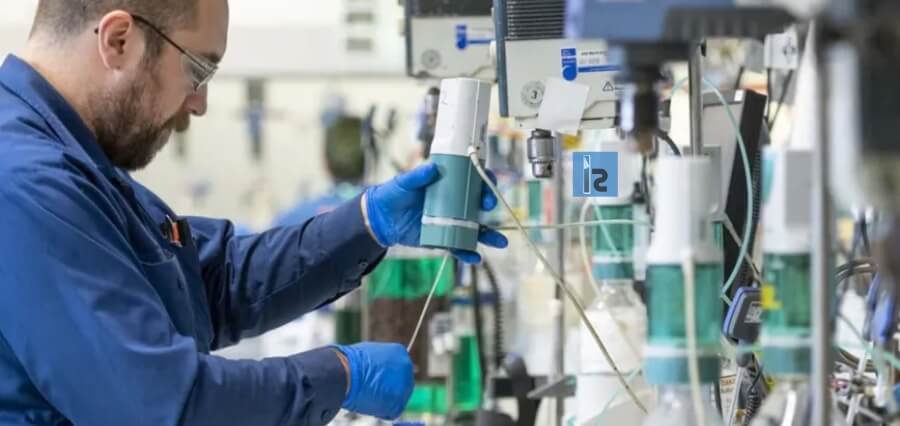Lithium Australia announced on Monday that it has reached an agreement with Mineral Resources (MinRes) to create a joint venture and build a pilot plant to generate the lithium iron phosphate needed for batteries for electric vehicles.
According to Lithium Australia, the Queensland pilot plant will be developed and operated entirely by the iron ore miner MinRes, with a total planned expenditure of A$4.5 million ($2.96 million). MinRes will also offer raw materials at no cost to the firm.
As part of the agreement, Lithium Australia will manage the production process at the pilot plant and contribute its patented LieNA technology, which can increase lithium extraction yields by as much as 50%.
After Pilbara Minerals, Australia’s largest independent lithium producer, this week approved plans to construct a trial facility, Lithium Australia is the second lithium developer to move to add value in lithium iron phosphate.
In order to increase their profits, Australian lithium businesses are searching for ways to add value along the processing supply chain.
Both businesses will create a 50:50 joint venture to own and commercialise the LieNA technology, depending on the outcomes of the pilot plant.
By 00:51 GMT, shares of Lithium Australia were up 45.5% to $0.048 and MinRes was up 0.4%.
Perth, Western Australia, is home to Lithium Australia Ltd. In relation to the global battery sector, it considers sustainability to be the same as viability. Battery materials must be sourced from less expensive, more moral, and environmentally conscious sources, safer batteries must be produced at a lower cost, and used batteries must be recycled more effectively and sustainably. In order to do this, Lithium Australia is creating a circular battery economy through its three vertically integrated business sectors, recycling, batteries, and chemicals. This assures resource security.
| Read More: https://insightssuccess.com/ |


